I always try to stay healthy by eating well, getting enough sleep, and fitting exercise into my hectic life. Sometimes I think of my body like a car that has warning lights on the dashboard that light up when something is wrong.
One of the warning lights that alludes to your body's condition is urine. It may sound silly, but details about your pee like the color, the smell, and how often you go can give you clues to what may be going on inside of your body. For example, as this article explains, frequent trips to the bathroom at night may point to heart trouble, diabetes, and other health troubles. This may make you wonder how often you pee a day, what healthy pee should look like, and how much peeing is too much.
Of course, these are all completely normal questions, and we have answers to all of these for you — plus, when it may be time to see a doctor.
How Often Should You Pee A Day?
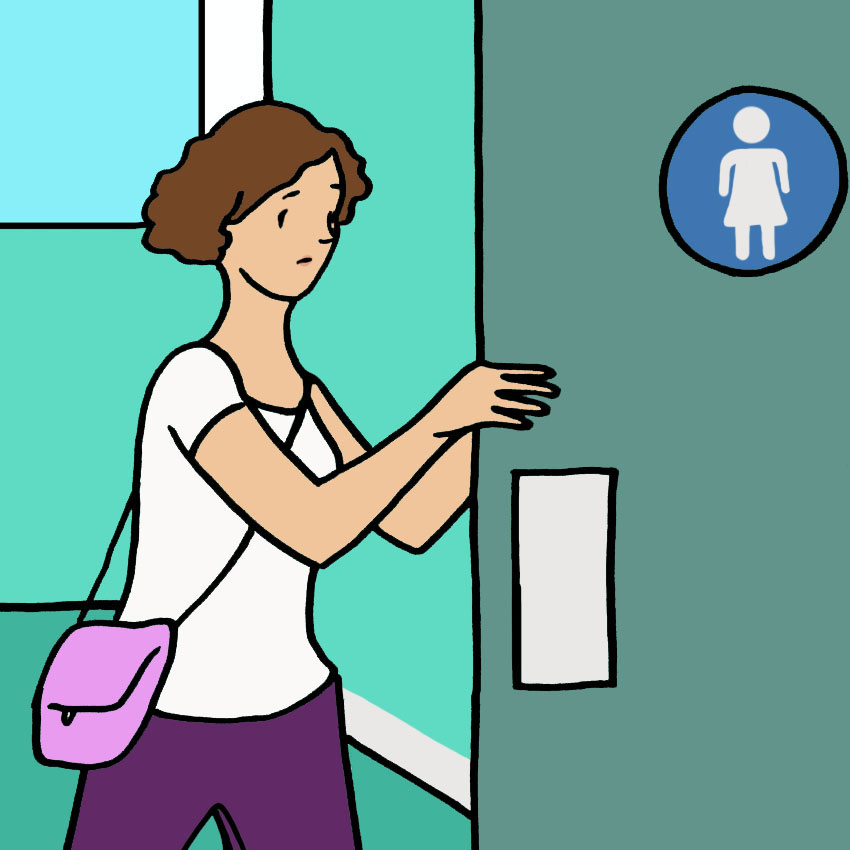
Most people pee between six and eight times a day, the Cleveland Clinic reports. There are many factors that affect the amount of urine that a person produces, including the types of food and drink they consume. According to the National Institutes of Health, there are many factors that affect the amount of urine that a person produces, including the amount of food and drink they consume each day as well as the amount of liquid they expel while breathing or sweating. Children also tend to pee less than adults. Medications, herbal supplements, medical conditions, and food choices can all affect how often you pee.
What Does Healthy Pee Look Like?
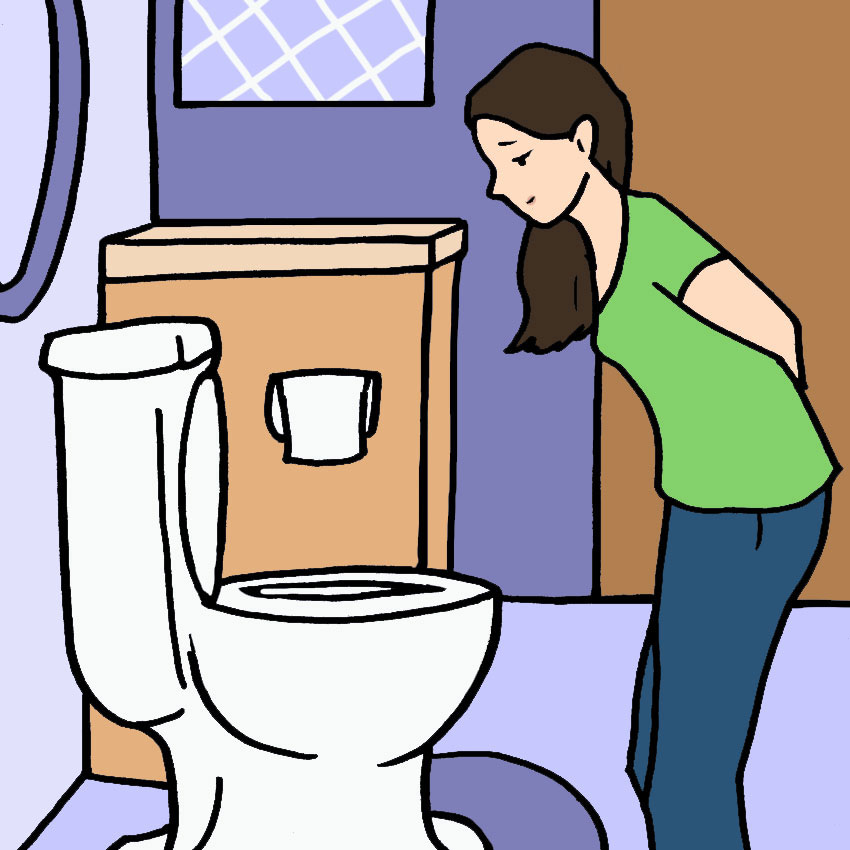
According to WebMD, healthy pee should be pale yellow to gold in color. This hue comes from a pigment your body makes called urochrome. The color will change depending on the volume of liquid you drink, among other factors. Very light colored or colorless urine could mean that you have been consuming a lot of fluids, which is typically a good thing. If your urine is very dark yellow, honey colored, or even brown, it could be a sign that you are dehydrated and need to get fluids right away!
How Much Peeing Is Too Much?
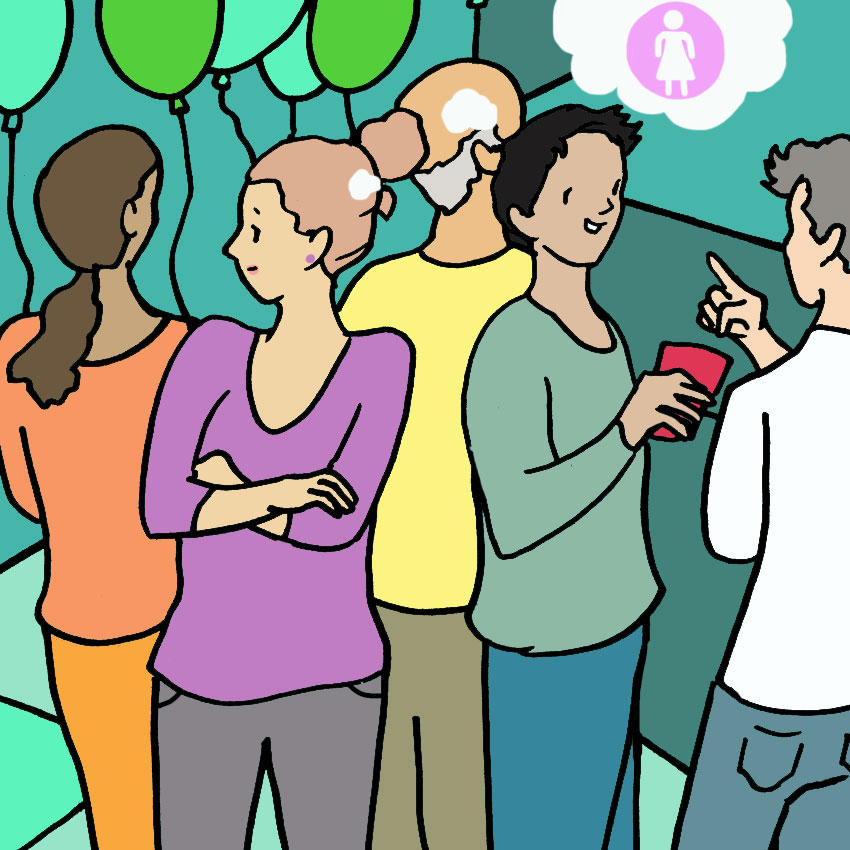
According to HealthGrades.com, if you have to pee more than eight times in a 24 hour period or if you have to get up at night to pee more than twice a night, then you are peeing too much. That's when you should consult with a medical professional.
It is important to know yourself and know what is normal for you. If you are taking medications, drinking a lot of coffee, tea, or water, or are pregnant, then you will naturally have to pee more frequently. If something seems off to you, you should consult your doctor.
What Causes You To Pee So Much At Night?
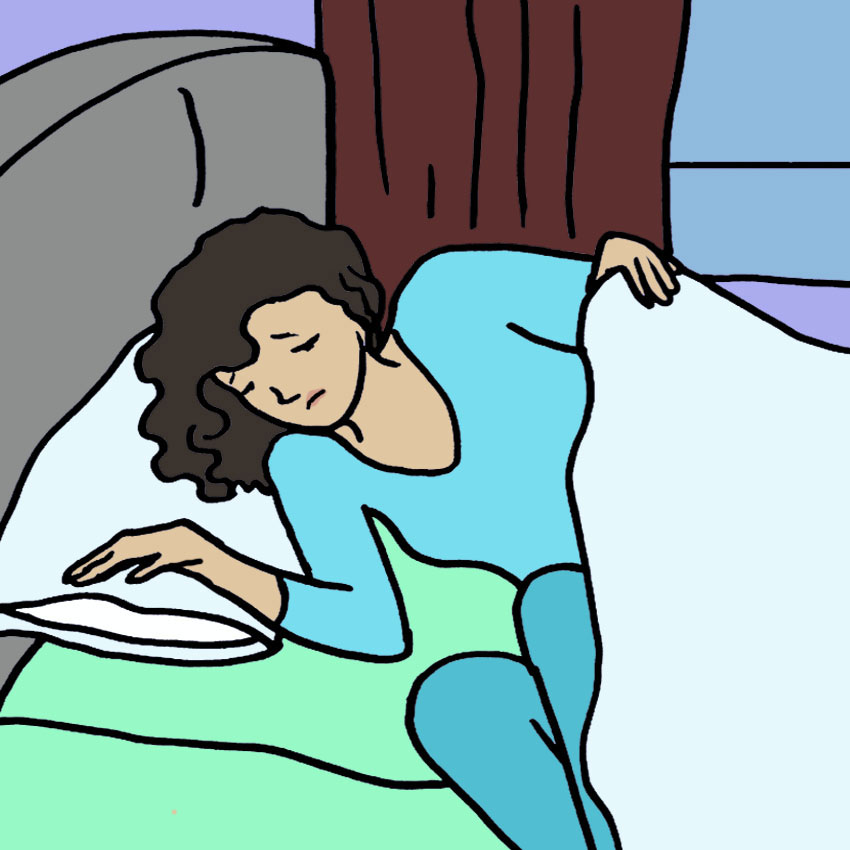
Most people can sleep six to eight hours a night without waking to have to go to the bathroom. This is, of course, affected by many factor, like how much liquid you drink close to bedtime.
Frequent urination at night is called nocturia and, according to Healthline, it can be caused by pregnancy, medications and excessive fluid consumption late at night. MedlinePlus.gov lists the following medical reasons for why you might be experiencing nocturia:
- Diabetes
- Anxiety
- Prostate problems
- Kidney infection
- Sleep apnea
- Overactive bladder
- Some tumors
- Bladder prolapse
- Edema
- Some neurological disorders
- Chronic kidney failure
- Heart failure
- High blood calcium levels
What If You’re Having Trouble Peeing?
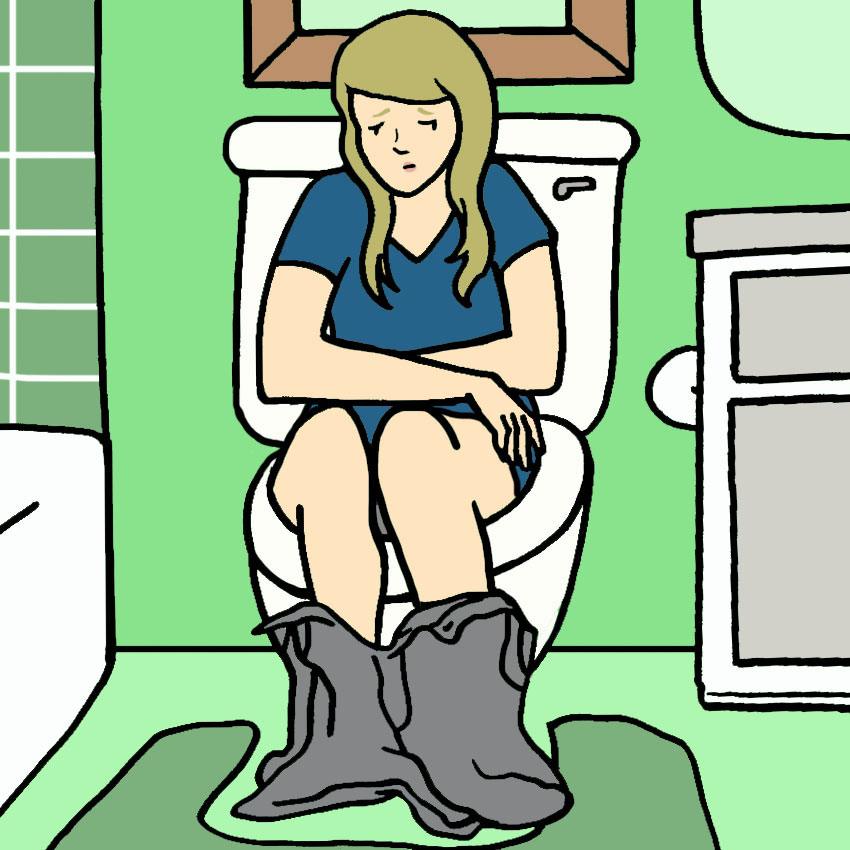
Having trouble urinating is called urinary retention, which means you cannot empty your bladder completely, or at all. There are two types of urinary retention: acute or chronic.
According to the NIH, people suffering from acute urinary retention cannot pee at all even though they have a full bladder. This is a life-threatening condition and requires emergency treatment right away. Chronic urinary retention means that a person cannot empty their bladder completely. Chronic urinary retention also requires medical treatment, so contact your doctor if you are having trouble peeing. This may be a sign of prostate problems, a urinary tract infection, or other issues.
What Does It Mean If Your Bladder’s Leaking?
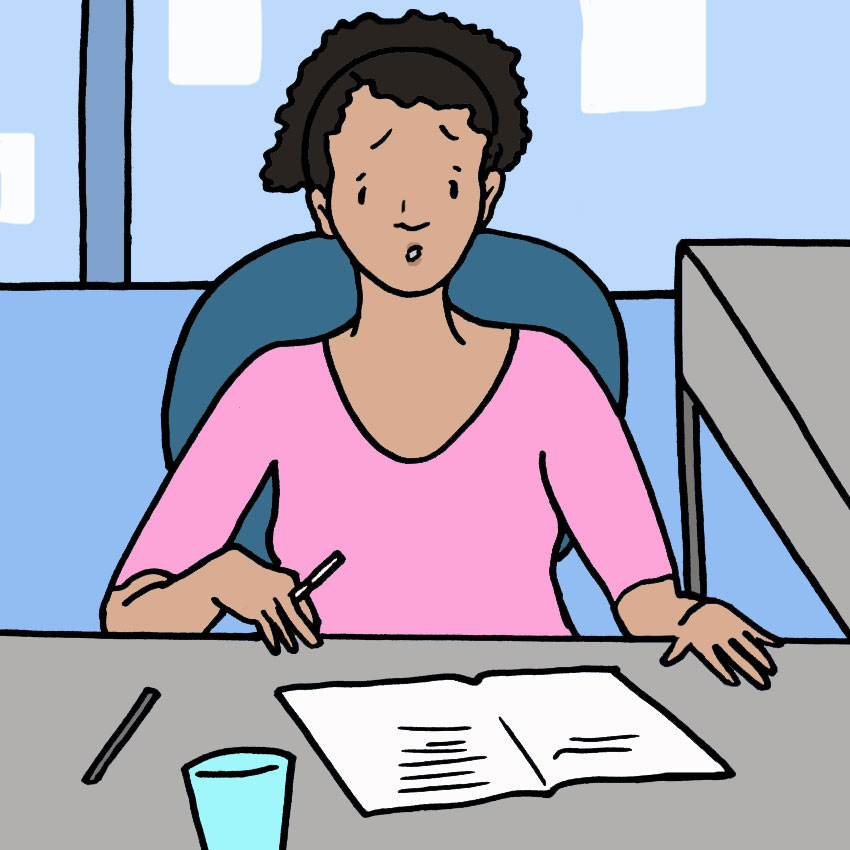
If you accidentally pee a little bit sometimes, this is called urinary incontinence, and you are definitely not alone. Urinary incontinence affects many men and even more women, due to a number of different factors.
Mayo Clinic lists some conditions which may cause urinary incontinence:
- Pregnancy
- Age
- Childbirth
- Menopause
- Hysterectomy
- Enlarged prostate
- Prostate cancer
- Neurological disorders
- Obstruction in your urinary tract
- Urinary tract infection
- Constipation
In addition, even some types of food or drink can cause temporary urinary incontinence.
What Happens When You Hold Your Pee?
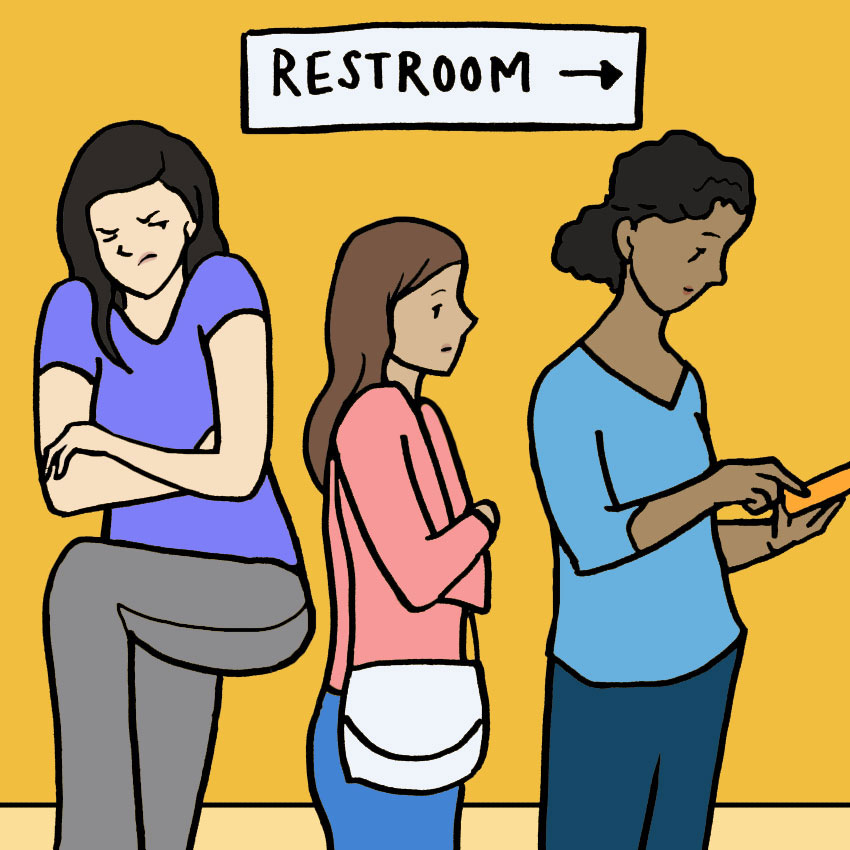
As Benjamin Brucker, MD, assistant professor of urology at NYU Langone Medical Center, explained to Women's Health, your bladder can hold urine for about three to six hours. During this time your brain communicates to your bladder that it needs to hold on until you get somewhere and relive yourself.
When asked if holding in your pee can be dangerous, he explains: "There aren't any specific complications you can get from holding in your urine, although it may put you at a bit more of a likelihood of developing urinary tract infections [UTIs], which can be treated with antibiotics."
Coincidentally, one of the symptoms of a UTI is feeling like you constantly have to use the restroom. So if you don't want the constant feeling of having to go, make sure you go when your body needs you to!
When To See A Doctor About Your Pee
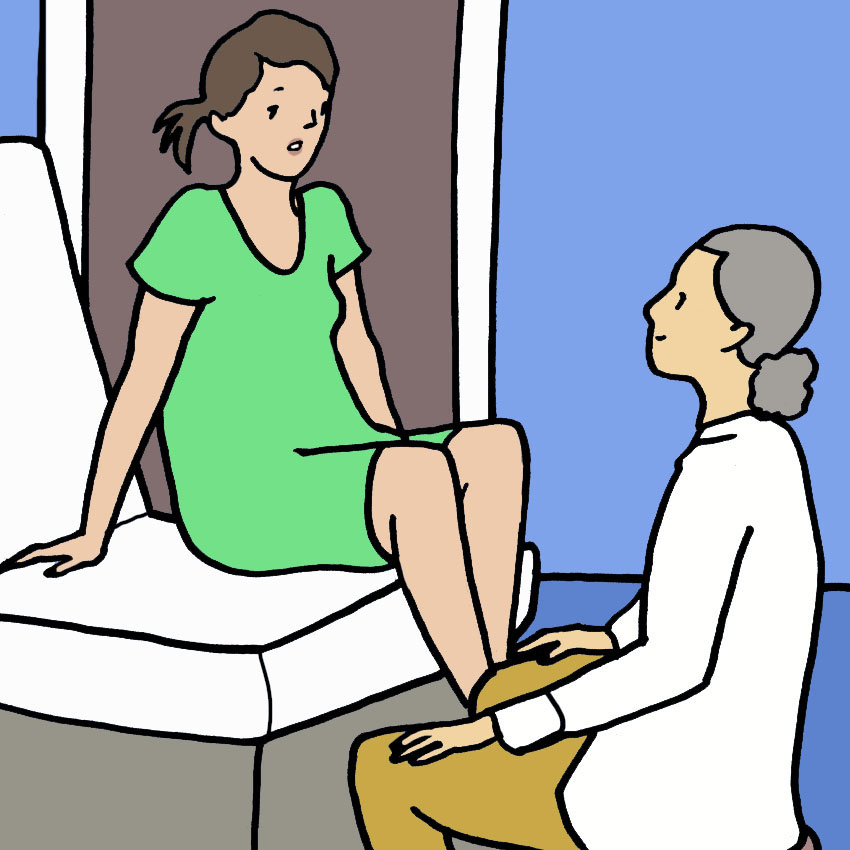
There are several distinguishing factors that may mean it's time to see a doctor.
Strange-Colored Pee: If your pee turns a pinkish-red color, it could be because you are taking certain medications or have recently eaten rhubarb or beets. It may also signal a health problem such as kidney disease, a urinary tract infection, or prostate problems.
If your pee turns orange, it could once again be because of certain medications or vitamins that you are taking. It may also be a sign of dehydration, or a problem with your liver and bile duct. Once again, consult your doctor if your pee turns orange and you are concerned.
If your pee turns blue or green, WebMD states this is usually due to a dye used in certain food or medications. But if the color does not go away after a few trips to the bathroom, it could be a sign of some rare medical issues, and you should talk to your doctor.
Foamy Or Frothy Urine: If your pee is foamy or frothy, you should check with your doctor because you may have protein in your urine, which may point to a problem with your kidneys.
Strange Smell: Pee will not normally have much of a strong odor. Sometimes, if your pee is very dark because you haven’t been drinking many fluids, it will smell stronger than usual, or if you have been eating foods like asparagus. If you notice that your pee smells strong, or smells different than usual, it may be a good idea to talk to your doctor about it. For example, if you notice that your pee smells “fruity” or sweet, this may be a warning sign of diabetes. According to Medicinenet.com, stronger smelling urine could indicate a urinary tract infection, certain genetic diseases and other complications. Talking to your doctor is the best way to determine what is going on and whether it is something that you need to be concerned about.
Please SHARE this article with your friends on Facebook!




